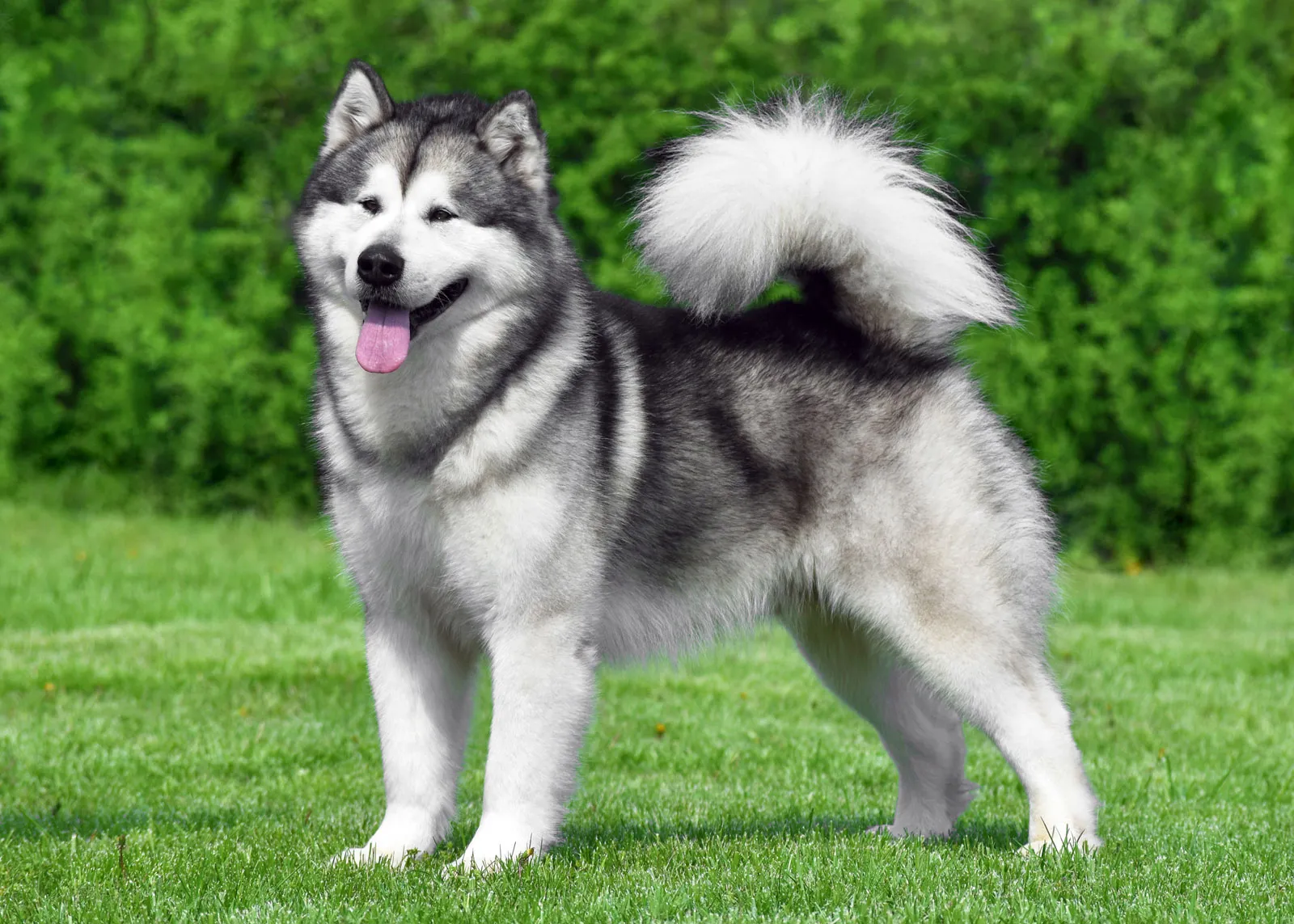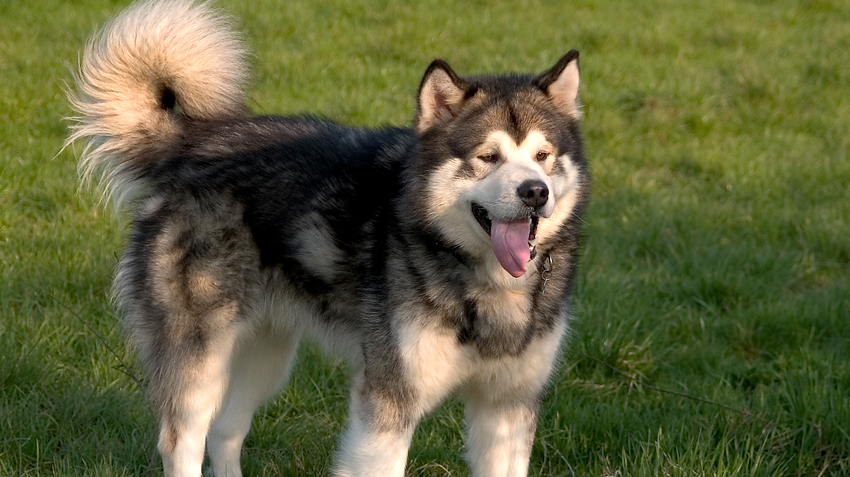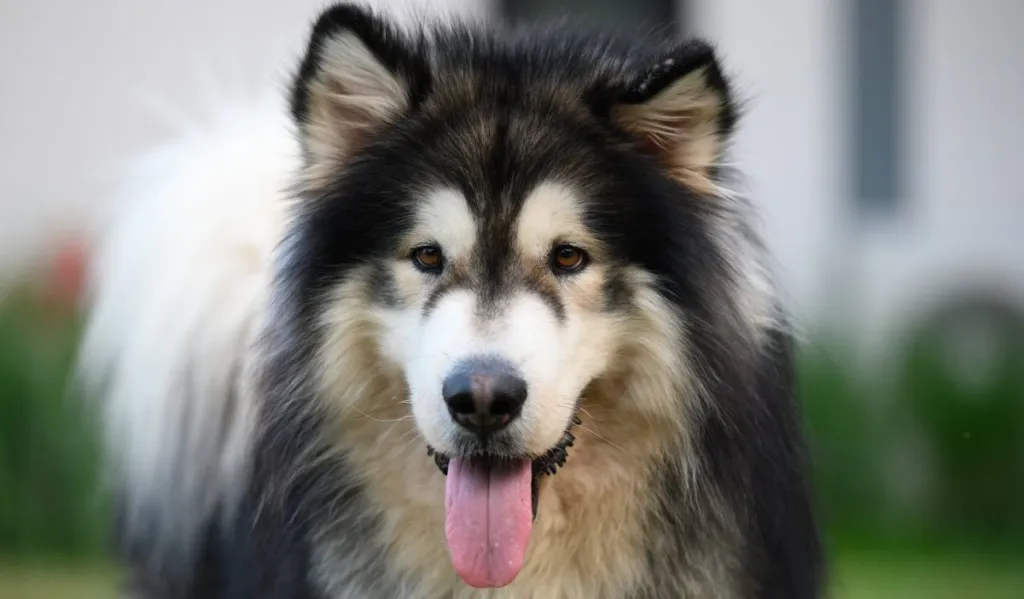Blog
Personality and Behavior of Adult Alaskan Malamute Dogs
The Alaskan Malamute is a revered breed known for its strength, endurance, and captivating beauty. Originally bred as a sled dog, they are celebrated not only for their physical prowess but also for their unique personalities and behaviors. Understanding these traits can help potential owners provide better care and a more harmonious living environment for these magnificent dogs.
Historical Context
To appreciate the personality and behavior of the Alaskan Malamute, it’s beneficial to look at their historical development. Originating in the Arctic regions, Malamutes were developed by the Mahlemut people, an Inuit tribe well-acquainted with the harsh environment. This breed was utilized for heavy hauling and recreation, primarily as sled dogs. Their role required them to be hardworking, resilient, and deeply bonded with their human companions. These historically ingrained traits have crafted a unique canine character that continues to be evident today.
General Personality Traits
Affectionate and Loyal
Alaskan Malamutes are well-known for their affectionate and loyal demeanor. Adult Malamutes tend to form strong connections with their families, exhibiting a desire to be a part of daily life. They thrive on companionship and often prefer to be where their human family members are, whether that’s lounging on the couch or participating in outdoor adventures. This loyalty is a double-edged sword; while they are protective and devoted, they may also exhibit wariness toward strangers, making early socialization vital.
>>> Buy now: Alaskan Malamute – Take My Hand Poster And Canvas Art Wall Decor
Playful and Energetic
Despite their large size and dignified appearance, adult Malamutes retain a playful spirit. They enjoy various forms of play, from games of fetch to interactive challenges that stimulate their minds. Proper exercise is crucial; without it, adult Malamutes can become bored, leading to undesirable behaviors such as digging, chewing, or excessive barking. Engaging in physical activities, such as hiking or participating in dog sports, can satisfy this innate playfulness and help maintain their overall well-being.
Intelligent and Independent
Alaskan Malamutes are highly intelligent dogs with a notable independence streak. This intelligence enables them to learn commands and tricks rapidly; however, it also means they can be stubborn and headstrong. Adult Malamutes have a tendency to think for themselves, which can lead to challenges in training if not approached correctly. Positive reinforcement methods work best, as harsh corrections may lead to resistance or diminished trust between the dog and owner. Consistent training should start early and continue throughout their life to reinforce good behavior and social skills.
Social Behavior
Interaction with Other Dogs and Animals
Malamutes are generally friendly with other dogs, particularly if socialized from a young age. However, due to their strong prey drive (a remnant of their history as hunting companions), they may exhibit aggressive behavior toward smaller animals, such as cats or small household pets. Introducing them gradually to different animals can help mitigate these tendencies. Adult Malamutes also benefit from structured playdates and outings with other dogs to help harness their energy in a controlled environment.
Family Dynamics
In a family setting, Alaskan Malamutes perform exceptionally well. These dogs enjoy being part of a cohesive pack, taking on the roles of playmates, guardians, and companions. They thrive on the attention and affection from family members, creating a warm atmosphere filled with love. However, due to their size and playful nature, interactions with young children should be supervised. While Malamutes are typically good-natured, ensuring that both the dog and child understand boundaries is essential for safe and enjoyable interactions.
Coping with Loneliness
One of the primary concerns potential Malamute owners should address is the dog’s reaction to being left alone. Alaskan Malamutes are social creatures and can suffer from separation anxiety if left alone for extended periods. This anxiety might lead to destructive behaviors, excessive barking, or attempts to escape. Solutions include crate training, offering puzzle toys, and gradually increasing the time the dog is left alone. Providing adequate physical and mental stimulation before leaving them can also reduce anxiety-related behaviors.
Grooming and Care
Caring for an Alaskan Malamute involves more than just providing food and exercise; grooming is another essential aspect of maintaining their health and well-being. With their thick double coat, Malamutes require regular brushing to reduce shedding and prevent matting. During shedding seasons—typically spring and fall—owners may need to brush their dog several times a week to manage loose hair. Regular baths are also recommended, but frequency should be balanced to avoid stripping their coat of natural oils.
Health Considerations
As with any breed, Alaskan Malamutes are predisposed to certain health issues, including hip dysplasia, certain genetic disorders, and obesity. Regular veterinary check-ups and a balanced diet are crucial components of their health care. Moreover, maintaining their weight through a good diet and exercise routine is paramount to prevent additional stress on their joints and overall health.
>>> Read more: Learn About The Egyptian Baseball Jacket Trend In Modern Fashion Design
The adult Alaskan Malamute is truly a remarkable breed that embodies strength, loyalty, and playful spirit. They demand attention, proper training, and socialization to thrive as family companions. Understanding their personality traits and behaviors is vital for potential owners looking to welcome one of these majestic dogs into their lives. With the right commitment and care, an Alaskan Malamute can become a beloved family member, providing companionship and endless joy as they journey through life together. Embracing the responsibilities of ownership can lead to a fulfilling bond that lasts a lifetime, celebrating the unique essence of the Alaskan Malamute.


